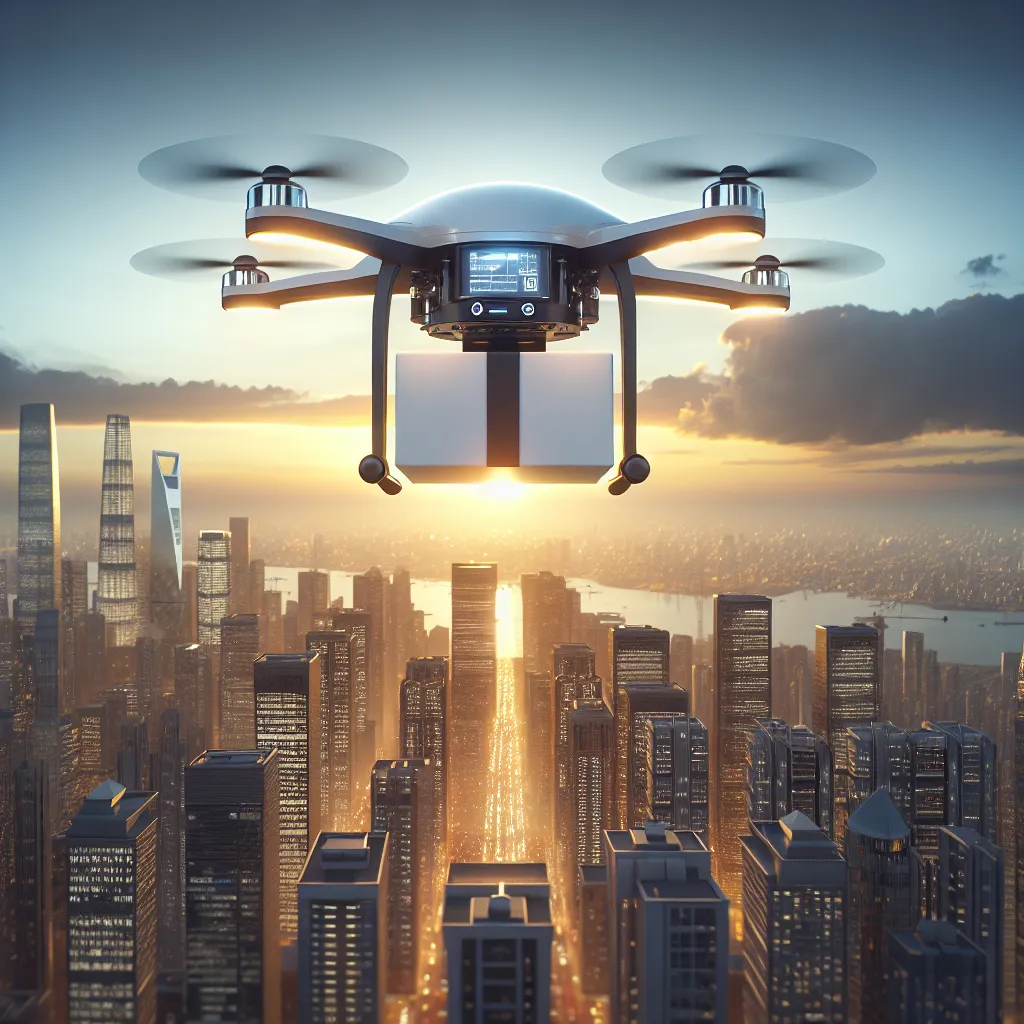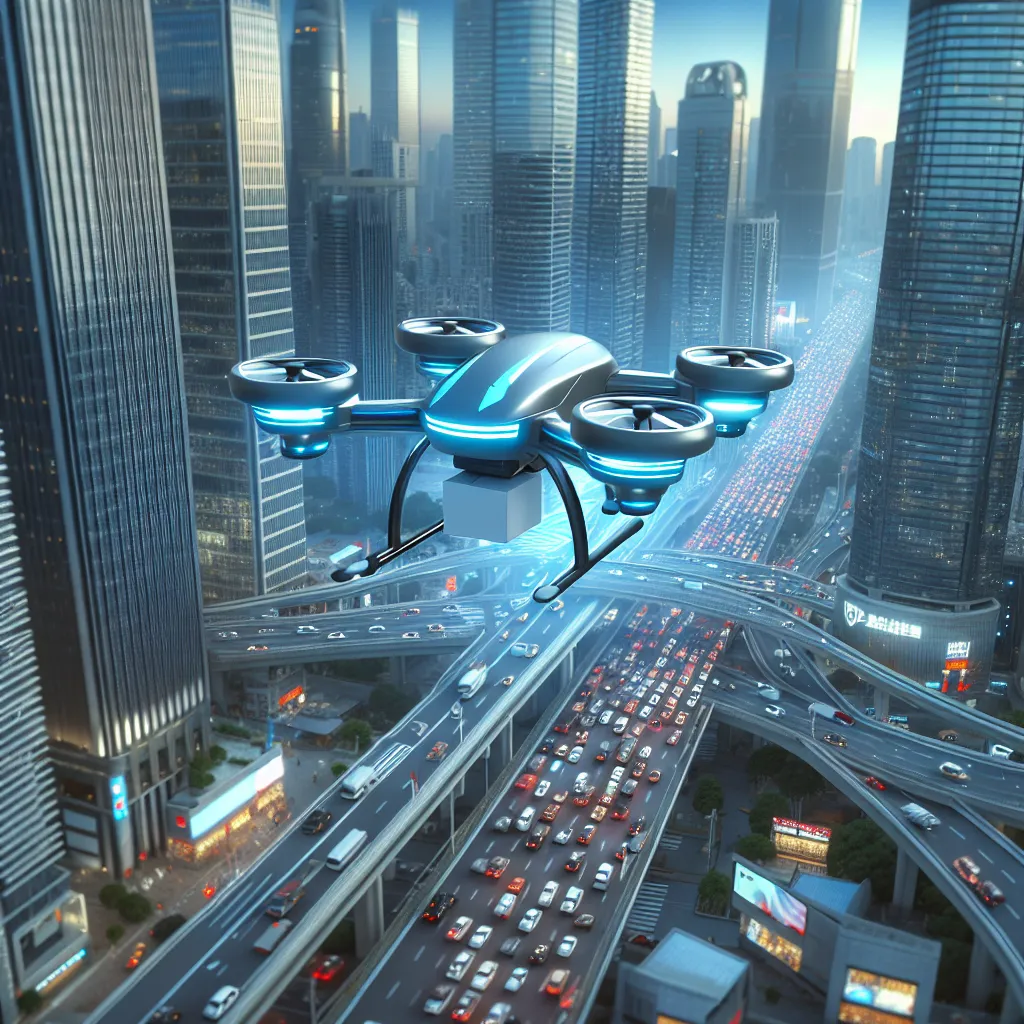Reducing Delivery Times: The Role of Technology in Courier Services
In today’s fast-paced world, the impact of technology on courier deliveries cannot be overstated. One of the key aspects of this impact is the significant reduction in delivery times, thanks to the integration of advanced technological solutions in courier services. With the advent of GPS tracking, route optimization software, and real-time package scanning, courier companies are now able to streamline their operations and ensure more efficient and speedy deliveries.
GPS tracking plays a crucial role in enabling courier companies to monitor the precise location of their delivery vehicles in real time. This not only helps in providing customers with accurate estimated times of arrival but also allows companies to proactively address any potential delays or issues that may arise during transit.
Moreover, route optimization software has revolutionized the way courier companies plan and execute their delivery routes. By analyzing various factors such as traffic patterns, weather conditions, and delivery priorities, these software solutions help in devising the most efficient delivery routes, ultimately leading to reduced delivery times and enhanced customer satisfaction.
Additionally, the implementation of real-time package scanning technology has further accelerated the delivery process. Through the use of handheld devices equipped with scanning capabilities, couriers can quickly and accurately update the status of packages as they move through the delivery chain. This not only provides customers with up-to-date tracking information but also enables the courier companies to identify and resolve any potential bottlenecks in the delivery process, thereby minimizing delivery times.
In conclusion, the integration of advanced technology has undeniably played a pivotal role in reducing delivery times and improving overall efficiency in courier services. As technology continues to advance, we can expect further innovations that will continue to enhance the speed and reliability of courier deliveries, meeting the ever-growing demands of modern e-commerce and logistics.
Efficiency and Innovation: How Technology is Revolutionizing Courier Deliveries
Efficiency and innovation are at the forefront of the revolutionizing impact of technology on courier deliveries. In recent years, the integration of advanced technological solutions has redefined the logistics and delivery industry, optimizing processes and enhancing overall efficiency. The adoption of cutting-edge technology, such as route optimization software, GPS tracking, and automated sorting systems, has significantly streamlined operations and improved the delivery process.
One of the most prominent innovations transforming courier deliveries is the utilization of artificial intelligence and machine learning algorithms. These technologies enable real-time data analysis to predict and optimize delivery routes, leading to reduced delivery times and fuel consumption. Additionally, the implementation of drones and autonomous vehicles has the potential to revolutionize last-mile deliveries, especially in urban areas, by overcoming traffic congestion and minimizing delivery times.
Furthermore, the emergence of digital platforms and mobile applications has empowered customers with greater control and visibility over their deliveries. Through these technologies, customers can track their parcels in real time, receive delivery updates, and even customize delivery preferences, enhancing overall convenience and satisfaction.
In conclusion, the integration of technology has ushered in a new era of efficiency and innovation in courier deliveries. By leveraging advanced solutions, the industry continues to enhance operational efficiency, minimize delivery times, and elevate the overall customer experience.
Challenges and Advancements: Navigating the Technological Landscape of Courier Services
With the ever-growing impact of technology, the landscape of courier services has seen significant advancements and challenges. One of the key challenges is the integration of new technologies into existing delivery systems, which requires careful navigation to ensure seamless operations.
Advancements in technology have brought about the introduction of route optimization software, real-time tracking systems, and automated sorting processes, revolutionizing the efficiency and accuracy of courier deliveries. However, the implementation of these advancements poses a challenge in terms of initial investment, staff training, and potential disruptions to existing workflows.
Navigating the technological landscape of courier services also involves addressing cybersecurity concerns, as the reliance on digital systems makes the industry vulnerable to data breaches and cyber-attacks. Ensuring the security of sensitive customer information and transactional data is a top priority for courier companies amidst the evolving technological environment.
Furthermore, the rise of e-commerce has led to increased demand for last-mile delivery services, prompting courier companies to explore innovative solutions such as drone deliveries and autonomous vehicles. While these advancements hold the promise of greater efficiency and speed, regulatory hurdles and public acceptance present substantial challenges to their widespread adoption.
In conclusion, the impact of technology on courier deliveries brings both opportunities and challenges. Navigating this technological landscape requires a strategic approach to harness the benefits of advancements while mitigating associated challenges, ultimately shaping the future of courier services.




